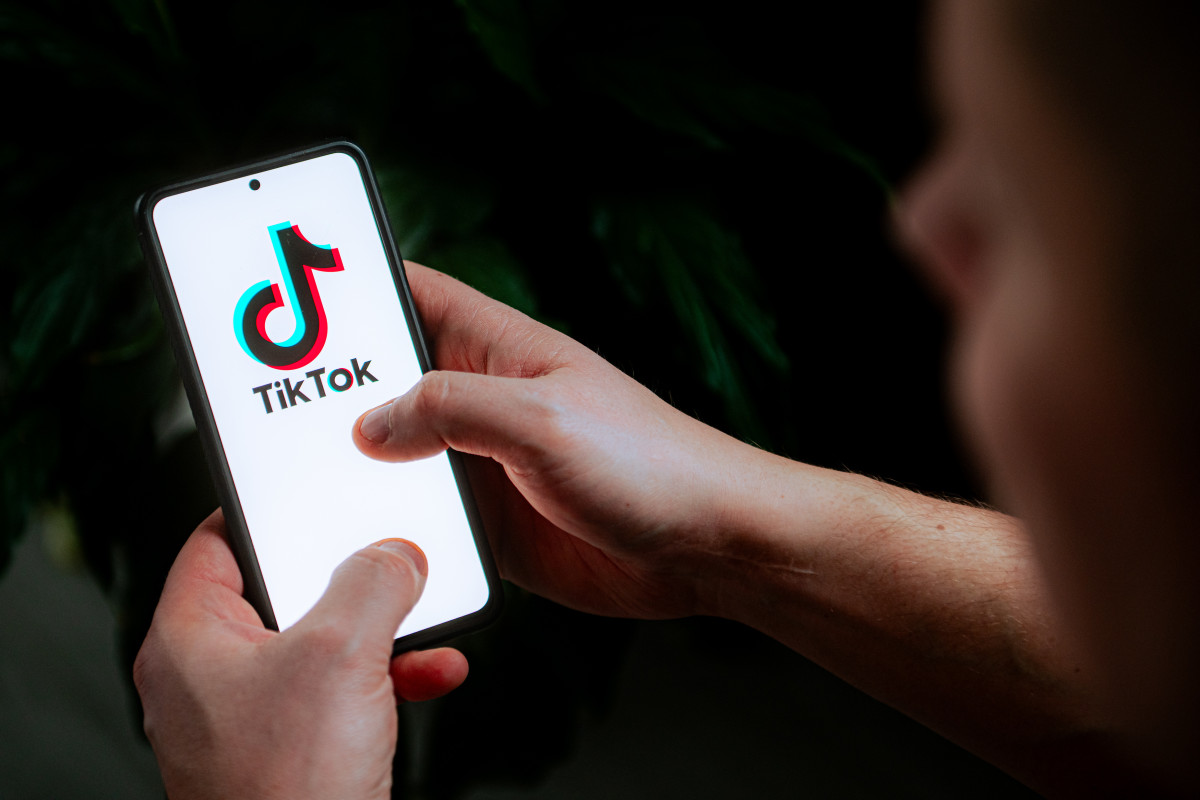
Fast Facts
- The U.S. House on Wednesday passed a bill that could result in a nationwide ban of TikTok.
- As the legislation makes its way to the Senate, Deepwater Management's Gene Munster thanks a ban could prove to be a blow to U.S. tech giants including Apple, Nvidia and Tesla.
The House on Wednesday voted (352-65) in favor of a bill that would give TikTok's Chinese parent company ByteDance 180 days to divest the app, or face a ban.
The swift passage of the bill, which was only introduced the week before, serves as the culmination of U.S. regulatory pushes against the popular social media platform.
The bill is now on the road toward a Senate vote, though an exact timeline is unclear. The Washington Post reported Friday that the bill will likely face a much longer approval process in the Senate than it did in the House. President Joe Biden has said that he will sign the bill if it passes the Senate.
"This process was secret and the bill was jammed through for one reason: it's a ban," TikTok said in a statement Wednesday. "We are hopeful that the Senate will consider the facts, listen to their constituents and realize the impact on the economy, 7 million small businesses and the 170 million Americans who use our service."
Related: High-profile investor calls TikTok ruling a 'slippery slope'
Risking retaliation
With its Senate path still unclear, Deepwater Management's Gene Munster said Friday that he sees a 50% chance that nothing will happen to TikTok, a 25% chance that the app will be sold and a 25% chance that the app will be banned.
Munster thinks that if TikTok is either banned or divested, "Chinese leadership will argue U.S. tech companies are using their products to spy on the Chinese," something that could spark retaliatory efforts against U.S. companies.
He said that 23% of Tesla's (TSLA) revenue comes from China; it's 18% for Apple (AAPL) and 8% for chip giant Nvidia (NVDA) .
Munster noted that, historically, Chinese leadership has "largely supported Apple products" over the past eight years, despite tensions between the U.S. and China. Still, he believes there will likely be "modest pressure" on China iPhone sales and Tesla sale numbers if the bill becomes law.
"Censorship is not the answer, data privacy legislation is." — Fight for the Future
Wedbush's Dan Ives has echoed a similar impression, noting "potential retaliatory actions China can head towards the likes of Apple and Tesla and U.S. Big Tech," though he said that a potential retaliation would likely impact Apple and Tesla the most, particularly as both companies' sales have been struggling in the country lately.
Ives likewise sees a 25% chance that TikTok will get banned.
Issues with the bill
Efforts to ban TikTok have faced harsh criticism in the past, as other social media platforms collect and share the same data that TikTok collects, and some — including X — collect more.
Critics have argued that foreign adversaries, including China, could simply purchase this data through data brokers, making a ban that targets TikTok alone unlikely to accomplish much in the way of real data security.
"If Congress really cares about the data abuse Americans are subject to because of surveillance capitalist business models, they should pass comprehensive privacy legislation that would stop all Big Tech companies from harvesting our data," Fight for the Future, a nonprofit digital rights group, said in a statement. "The data of Americans is already susceptible to bad actors, foreign and domestic, because Congress has waited so long to act. Censorship is not the answer, data privacy legislation is."
The TikTok bill: if the American people are going to be spied on by an amoral surveillance capitalist data monster, it will be an American-owned amoral surveillance capitalist data monster.
— Jacob Silverman (@SilvermanJacob) March 13, 2024
Ryan Martin, lead partner at Infosys Consulting’s IT Risk, Governance Risk & Compliance and Cybersecurity practice, told TheStreet that while the bill might serve as a good way to begin a discussion about personal privacy and data protection online, it likely is not enough to actually protect consumer data.
"A ban on TikTok could reduce the risk of one entity being coerced to disclose non-public private information to China — but the extent of readily available information on social media in general dwarfs that in my opinion," Martin said. "If we want to have a real conversation about online data privacy and protection, we should do that across social media platforms."
Contact Ian with tips and AI stories via email, ian.krietzberg@thearenagroup.net, or Signal 732-804-1223.
Related: Montana declares war on one popular social media app







